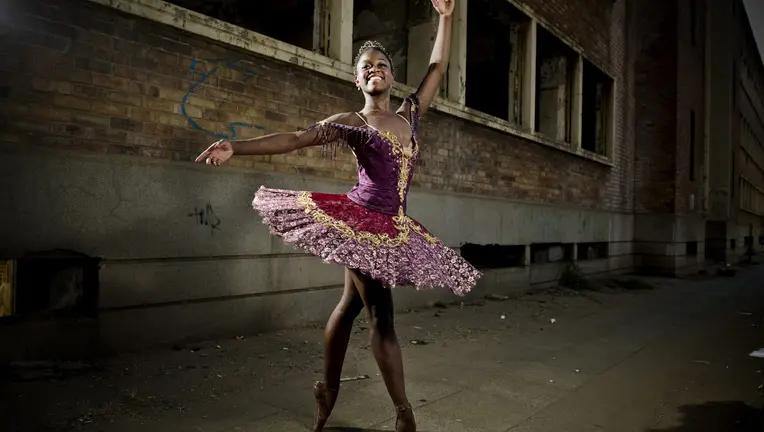In the dynamic realm of politics, where campaign speeches and rally music dominate, one prominent voice has stood up to challenge the norm. Celine Dion, renowned for her powerful ballads and commanding stage presence, has firmly opposed the use of her music by former President Donald Trump without her permission.
As an experienced SEO specialist and copywriter, I often create content that engages and differentiates brands. Yet, this particular story has captivated me deeply, highlighting a clash between a musical icon and a contentious political figure.

In this article, we will explore the details of this significant conflict, examining the impact of Celine Dion’s decisive action and its broader implications for the overlap of politics and pop culture. Prepare for an engaging read as we dive into this compelling narrative.
The situation began at a rally in Montana, where Donald Trump and his running mate, J.D. Vance, included a video of Celine Dion performing “My Heart Will Go On” from the film “Titanic” in their pre-speech playlist. To some, this might have seemed like a tribute to Dion’s renowned music. However, Dion and her team saw it as a disregard for her artistic rights and an infringement on her intellectual property.
In response, Dion’s representatives issued a clear statement condemning the unauthorized use of her music, questioning why Trump chose that particular song. Dion’s reaction was both prompt and resolute. She firmly declared that the song’s use would cease, sending a strong message against the exploitation of her work for political purposes.
This confrontation reflects a broader trend where celebrities are increasingly asserting their rights against political misuse of their art. Artists from the Rolling Stones to Rihanna have similarly demanded that their music not be used for partisan agendas, signaling a significant shift in how public figures defend their creative output.
This trend highlights a growing awareness of the blurred lines between entertainment and politics. As the public becomes more conscious of these dynamics, the call for authenticity and respect for artistic integrity has intensified.
Celine Dion’s stance against Trump underscores the need for political figures to respect intellectual property rights while engaging with cultural elements.

For artists, the challenge is to protect their work from unauthorized use while navigating the complex relationship with the political sphere. This balance requires a thorough understanding of copyright laws and the evolving public attitudes towards celebrity involvement in politics.
Dion’s bold action has resonated through the political landscape, emphasizing the importance of respecting artists’ rights and showcasing the influence of celebrity voices in shaping public discourse. As we move forward, it will be intriguing to see how other cultural figures address similar issues. Will they follow Dion’s example and assert their creative rights, or will the appeal of political influence sway some to compromise?
This episode serves as a reminder of the intricate interplay between politics and pop culture, where artistic expression, intellectual property, and civic engagement are closely intertwined. Celine Dion’s response illustrates how significant these intersections can be and the far-reaching effects of standing up for one’s creative rights.

